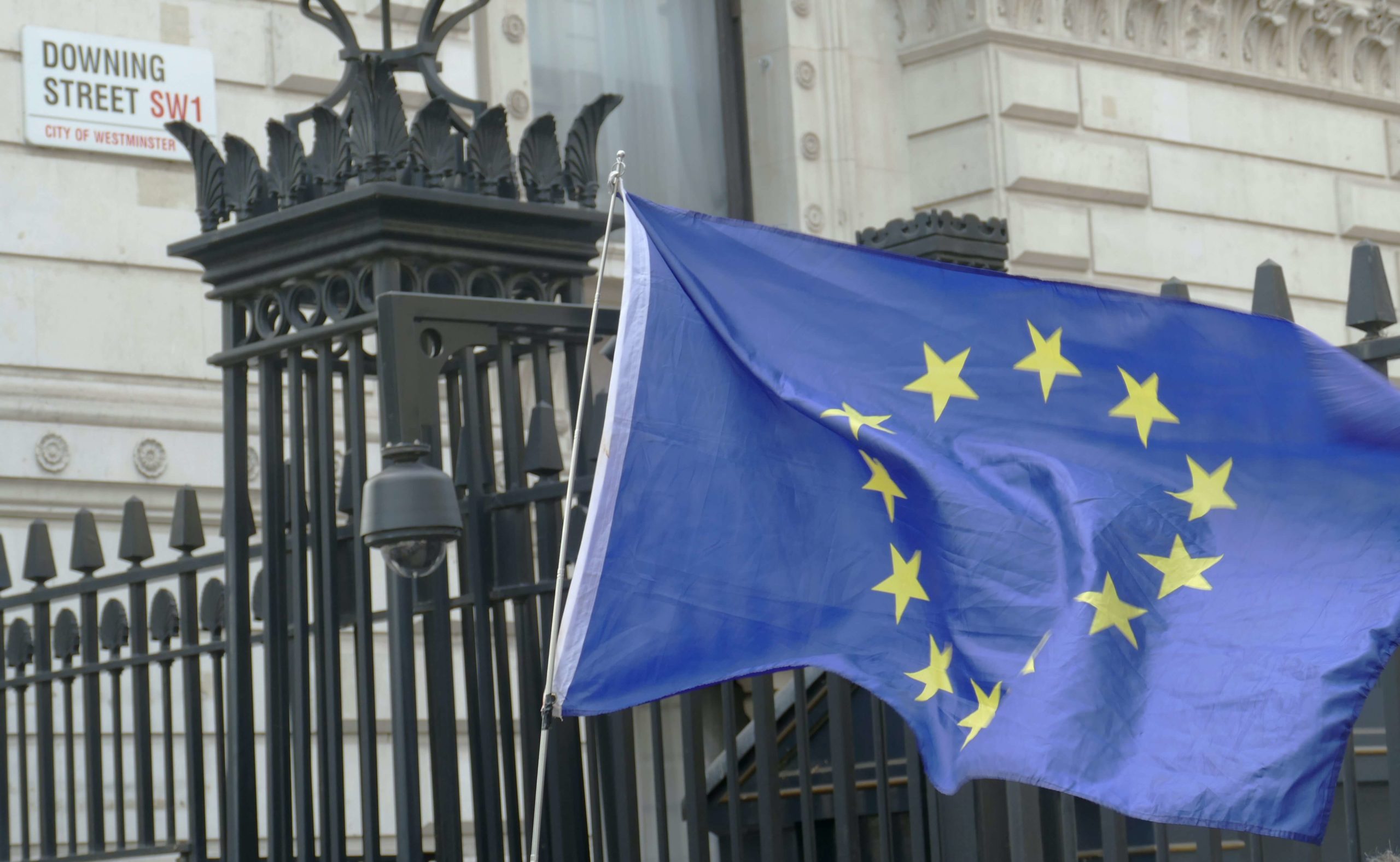The UK government has launched a consultation on the future of state subsidies. It addresses a variety of crucial state aid issues and is open to both businesses and public sector bodies.
The UK government has taken the first step towards establishing an independent state aid regime with the launch of a wide-ranging consultation on the future of British subsidies.
Pre-Brexit, and as a member of the EU, the UK had to abide by State Aid rules set by the European Commission.
These rules govern the interaction between subsidies and prevent member states from financial doping of domestic businesses.
A new system
But having left the European Union, Britain is no longer bound by EC regulations.
In their place, the government must devise a new subsidy control system that coordinates national funding and gives clarity to British businesses.
This new system must also adhere to international treaties, the Northern Ireland Protocol, and the EU-UK Trade and Cooperation Agreement signed at the end of last year.
Yesterday, the Department of Business, Energy and Industrial Strategy began this lengthy process by announcing a far-reaching consultation that will collect input from business and public authorities on how subsidies should be regulated going forward.
You can read and participate in the consultation here.
The consultation will gather input on a range of pertinent issues, including how to ensure transparency, whether the UK should apply systems of control beyond those required in the cooperation agreement, and what role an independent authority should play in enforcement.
Outside of decentralising subsidies to devolved administrations and local authorities, the government has made few concrete decisions about the nature of the new control system.
This lack of direction is a double-edged sword.
Need for direction
On the plus side, it gives funding experts and instructions carte Blanche to make whatever recommendations make the most sense for their branch of the financial ecosystem.
On the other hand, it shows just how far we are from having a concrete roadmap that gives innovative companies clarity on their funding options.
Announcing the consultation, Business Secretary Kwasi Kwarteng promised a “new, more flexible system” that will “empower public authorities and devolved administrations, and ensure fair competition for businesses across the UK.”
The consultation will run for a minimum of eight weeks, after which Secretary Kwarteng will present its findings to the devolved administrations and then release its results to the public.
The government will then bring forward legislation to enshrine the new regime in law.
No time to lose
While the consultation is an encouraging development, BEIS’s timeline shows that we are still months away from having meaningful answers on the long-term future of state aid in the UK.
This situation is particularly worrying, given the vital role state aid is playing during the Coronavirus pandemic.
While GrantTree looks forward to participating in this consultation and championing the financial interests of British innovators, we urge the government to provide guidance and reassurance at the earliest possible opportunity.
We anticipate a substantial and far-reaching Spring budget next month, essentially a roadmap charting a route out of both the COVID 19 depression and the perennial uncertainties brought about by Brexit.
There is a lot on Sunak and Kwarteng’s plates at the moment, and a decisive spring budget is going to be vital to calm a tumultuous stock market, increase UK inward investment and keep high levels of internal R&D activities.
Never miss funding news
To receive all the latest news and analysis on Brexit, State Aid and government funding, make sure you sign up for GrantTree’s newsletter.





